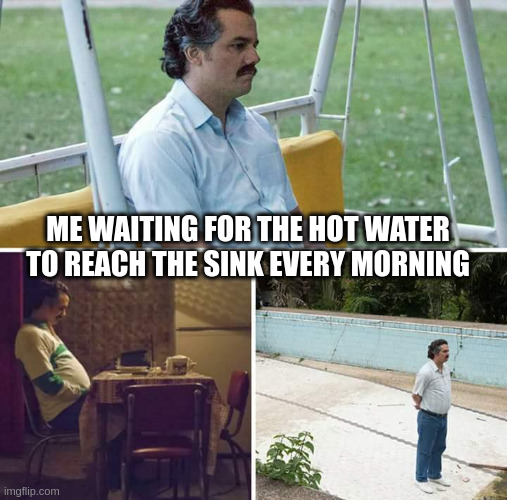this post was submitted on 29 Oct 2024
344 points (99.4% liked)
memes
12098 readers
3349 users here now
Community rules
1. Be civil
No trolling, bigotry or other insulting / annoying behaviour
2. No politics
This is non-politics community. For political memes please go to [email protected]
3. No recent reposts
Check for reposts when posting a meme, you can only repost after 1 month
4. No bots
No bots without the express approval of the mods or the admins
5. No Spam/Ads
No advertisements or spam. This is an instance rule and the only way to live.
A collection of some classic Lemmy memes for your enjoyment
Sister communities
- [email protected] : Star Trek memes, chat and shitposts
- [email protected] : Lemmy Shitposts, anything and everything goes.
- [email protected] : Linux themed memes
- [email protected] : for those who love comic stories.
founded 2 years ago
MODERATORS
you are viewing a single comment's thread
view the rest of the comments
view the rest of the comments

I didn't know that was a thing! I've been thinking of that exact same thing for years, wondering if it was even technically feasible and wondering why it wasn't a standard in new home construction. I can't imagine how much water is wasted by people just waiting for their showers to heat up.
Then again, my local water company recycles waste water from people's homes. So maybe requiring it isn't necessary with modern water recycling programs.
It's a game changer. My smart plug lost its connection while I was messing with my router one day. I had forgotten how bad it was without the pump. I'm in a warm climate so the heat gets paid for twice but I don't even care, it's a luxury I am willing to pay for.
Is it weird with your cold water? Looking into it, it seems like it fills up your come water pipe with warm water. Wondering if that affects drinking water coming from your refrigerator or anything like that.
Fridge water is unaffected. The last sinks where the valves are located are lukewarm for 5 seconds or so. The rest of the sinks are normal for me. I have 2 branches so 2 valves.
If your water heater is old (10+ years) and/or in bad shape, it can be full of deposits and in some cases corrosion. Apparently we're all supposed to be bleeding a few gallons from our water heaters monthly to maintain them. I don't know anyone who does.
Our water from the city is total crap (and also the most expensive I've had in my life), so we added a softener and then split all the drinking/cooking water sources off to a RO system. But I'm also the guy with infinite sparkling water on tap from the kegerator in my kitchen (again only a few hundred in equipment and then about $80/yr in CO2, most of which I had from my home brewing hobby anyway).